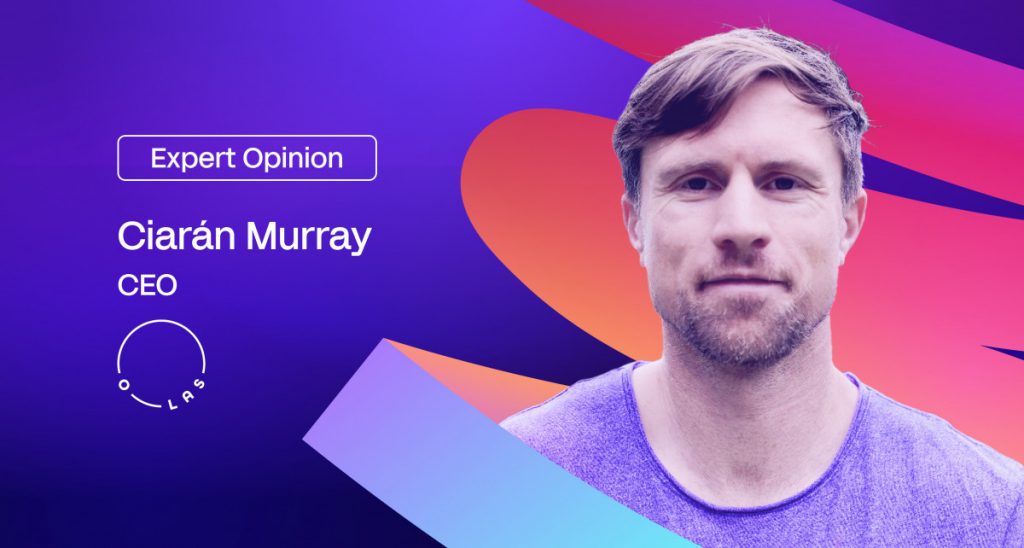The Hidden Forces in Scientific Research: Who's Ultimately in Charge of Discovery and Publication?
In Brief
Inquiring about the control of scientific endeavors? Funding that seeks profit, impartiality in peer reviews, and the barriers of paywalled publications hinder innovation—it’s high time to eliminate these hurdles and ensure knowledge is freely accessible.

Imagine what would happen if the next big scientific advancement never made it into the public eye. A groundbreaking cancer treatment left unpublished? A crucial solution to climate change overlooked? A transformative concept lost within bureaucratic red tape? This isn't mere speculation; it's our current reality.
Peer review was originally established to uphold a certain standard of research integrity. Unfortunately, it has become a chokepoint that delays, or even outright prevents, important discoveries. Clearly, the funding landscape has been shaped to prioritize research that can be patented and, furthermore, monetized. This leaves out crucial innovations that can't be commercialized. Instead of fast-tracking progress, this system erects barriers, allowing only research with evident monetary potential to advance while ideas with the potential to revolutionize our world remain dormant.
Peer Review is Vital, Yet It Requires Reformation
Some individuals argue that peer review is the best way to uphold scientific standards—while I agree with this point, I pose another question: what occurs when it fails to fulfill its intended purpose?
A study Research published in the Journal of the Royal Society of Medicine indicates that peer reviewers often overlook significant errors in scholarly papers, even when these mistakes are deliberately inserted for testing purposes. If peer review can't catch such mistakes, can we genuinely consider it the gold standard we think it is?
Thanks to PNAS’s transparency Data shows that the typical timeframe from submission to publication is about 6.6 months, with peer review alone taking roughly 47 days. In rapidly evolving sectors, such as healthcare or technology, there's simply no time for delays; this could mean the difference between implementing a life-saving solution or letting it remain buried.
The COVID-19 crisis revealed numerous shortcomings within this system. When an urgent problem arose, researchers forewent standard publishing norms and turned to preprint servers for immediate sharing of their findings. If science can accelerate its pace in dire situations, why should we consent to a system that hinders it during typical circumstances?
Then, there's the pressing issue of who gets their work published in the first place. Major journals have a historical tendency to favor studies produced by prestigious institutions, leaving independent researchers and smaller organizations to struggle in getting their papers through the initial review process. Studies Many perceive that studies from lesser-known universities are scrutinized more rigorously. Instead of serving as a fair benchmark for scientific value, peer review frequently reinforces existing academic hierarchies.
A transparent and equitable peer review system would guarantee that all research is assessed based on its quality rather than its origin. Models like open peer review, where reviewer feedback accompanies the research, have proven to boost fairness and accountability. Accelerated review timelines, along with increased acceptance of preprint servers, could help dodge needless hold-ups. Scientific advancement progresses when concepts are tested, critiqued, and enhanced. A flawed system only hinders that journey.
Who Controls What Science Gets Done?
If peer review dictates what gets published, then it’s equally alarming to consider that funding influences what research gets pursued initially. A 2024 report in Accountability in Research revealed that funding for non-commercial treatments is significantly less than for newly developed, patentable drugs. This creates a system where economic incentives overshadow public health priorities. article This financial bias extends beyond healthcare, negatively affecting funding for studies related to climate resilience, soil restoration, and environmental conservation because they lack immediate profit potential. Recent findings further highlight that a focus on short-term financial gains suppresses essential long-term research that could benefit humanity as a whole.
It is critical to recognize that even when important research receives funding and gets published, access to it remains a significant hurdle. A substantial portion of scientific work is kept behind paywalls, limiting access to a privileged few. Approximately 50% of published research is still not freely accessible. OECD We've built a contradiction: research is often financed by public funds, conducted in public institutions, and evaluated by volunteers from academia, yet the final output is controlled by private publishers who impose hefty fees for access. That doesn't sit right with me.
In 2021, UNESCO released a report It’s imperative for government entities and independent research organizations to rework their funding strategies. Non-commercial research should be afforded the same level of financial support as profit-focused projects. A research framework that deprioritizes immediate profitability would enable investment in solutions with enduring benefits, whether in healthcare, environmental science, or technology. Expanding funding avenues that prioritize the public interest and increasing government-backed grants for unpatentable research would help create a more level playing field, ensuring scientific advancement is driven by necessity rather than mere profit.
Emerging decentralized funding models present a viable alternative to conventional grant systems. Initiatives like ResearchHub, established by Brian Armstrong, leverage blockchain technology and token-based incentives to foster scientific collaboration and financing beyond traditional commercial constraints.
While the internet has equipped us with unprecedented tools for making scientific knowledge more accessible, outdated publishing practices still impose restrictions. Open-access platforms have started to challenge these norms, but resistance from traditional academic publishers remains fierce. If the aim of science is to enhance human understanding, why do we continue to let corporate interests determine who has access to knowledge? Open-access publishing has demonstrated its ability to boost both the visibility and impact of research, while independent funding models signal that science can flourish outside corporate control. The actual challenge lies not only in battling a resistant system but also in ensuring we don’t create new barriers by shifting the financial pressure onto researchers.
Science Should Serve Humanity, Not Gatekeepers
Science is fundamentally about expanding our boundaries, questioning norms, and enhancing human lives. Yet, the systems that regulate it—ranging from peer review protocols to funding mechanisms and publication barriers—are doing just the opposite by hampering progress. The concern isn't simply about profit; it’s about where that profit is directed. Right now, far too much of it is funneled to publishers who contribute little value while locking away knowledge behind paywalls rather than aiding researchers and the advancement of scientific inquiry as a whole. A better system is within reach, one that blends financial sustainability with open access and genuine innovation.
The current methods of funding, reviewing, and publishing research will shape the dynamics of tomorrow—it’s that straightforward. The pressing issue isn’t whether reform is necessary but whether we're prepared to dismantle the barriers obstructing it. If knowledge is genuinely meant to serve the greater good, it’s time we began acting accordingly.
The most impactful ideas—those that can truly drive humanity forward—shouldn’t be ensnared in bureaucratic obstacles; they should be free to effect real change in the world.
, it should be noted that the information provided on this page is not intended and should not be deemed as legal, tax, investment, financial, or any other kind of advice. It is crucial to invest only what you can afford to part with and to seek independent financial counsel if you have any uncertainties. For further clarity, we recommend reviewing the terms and conditions as well as the help and support sections provided by the issuer or advertiser. MetaversePost is dedicated to delivering accurate and impartial reporting, but please understand that market conditions may fluctuate without prior notice.
Ciarán Murray, the mastermind behind Olas, has a rich background in the blockchain sector. He has participated in numerous blockchain ventures over the years and recently developed a proof-of-concept for synthetic assets. Prior to his blockchain journey, Ciarán built a career in the media industry, including a significant role at British Sky Broadcasting. His diverse experience grants him a unique outlook on the challenges within the media sector, as well as how blockchain and decentralized technologies can be leveraged to resolve these issues.
Disclaimer
In line with the Trust Project guidelines Polygon Initiates the ‘Agglayer Breakout Program’ to Foster Innovation and Provide Airdrop Value to POL Stakers.







